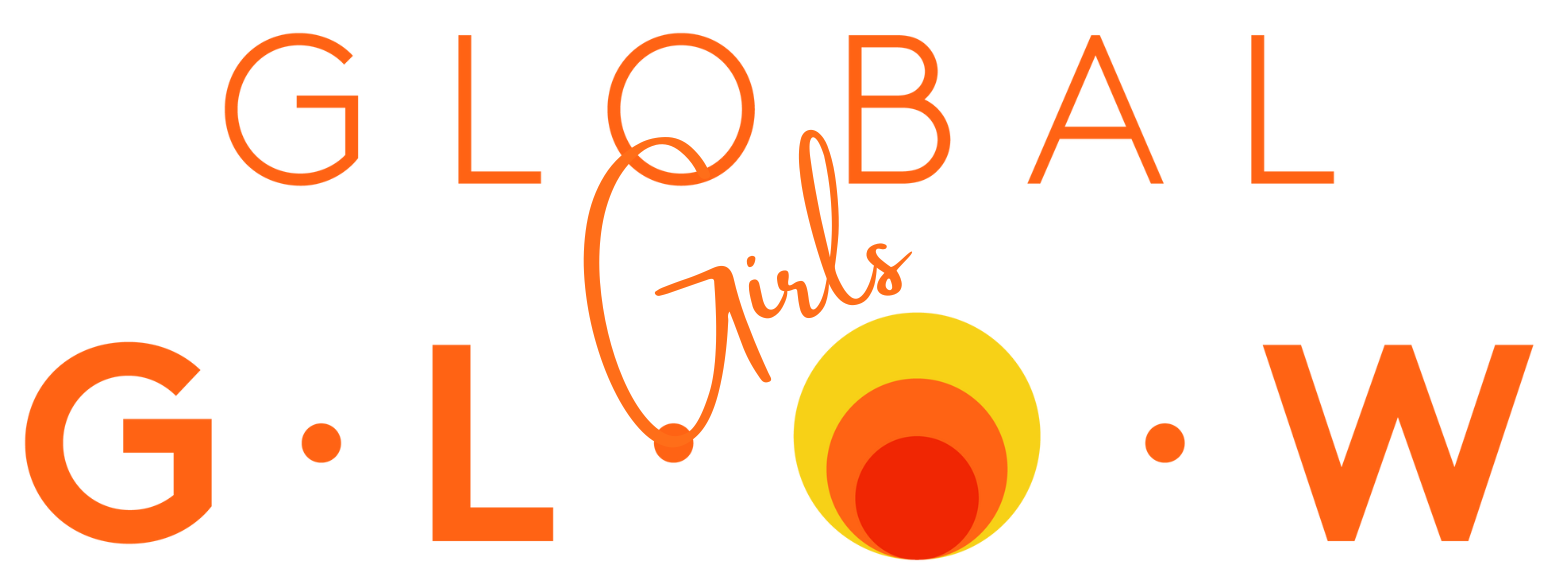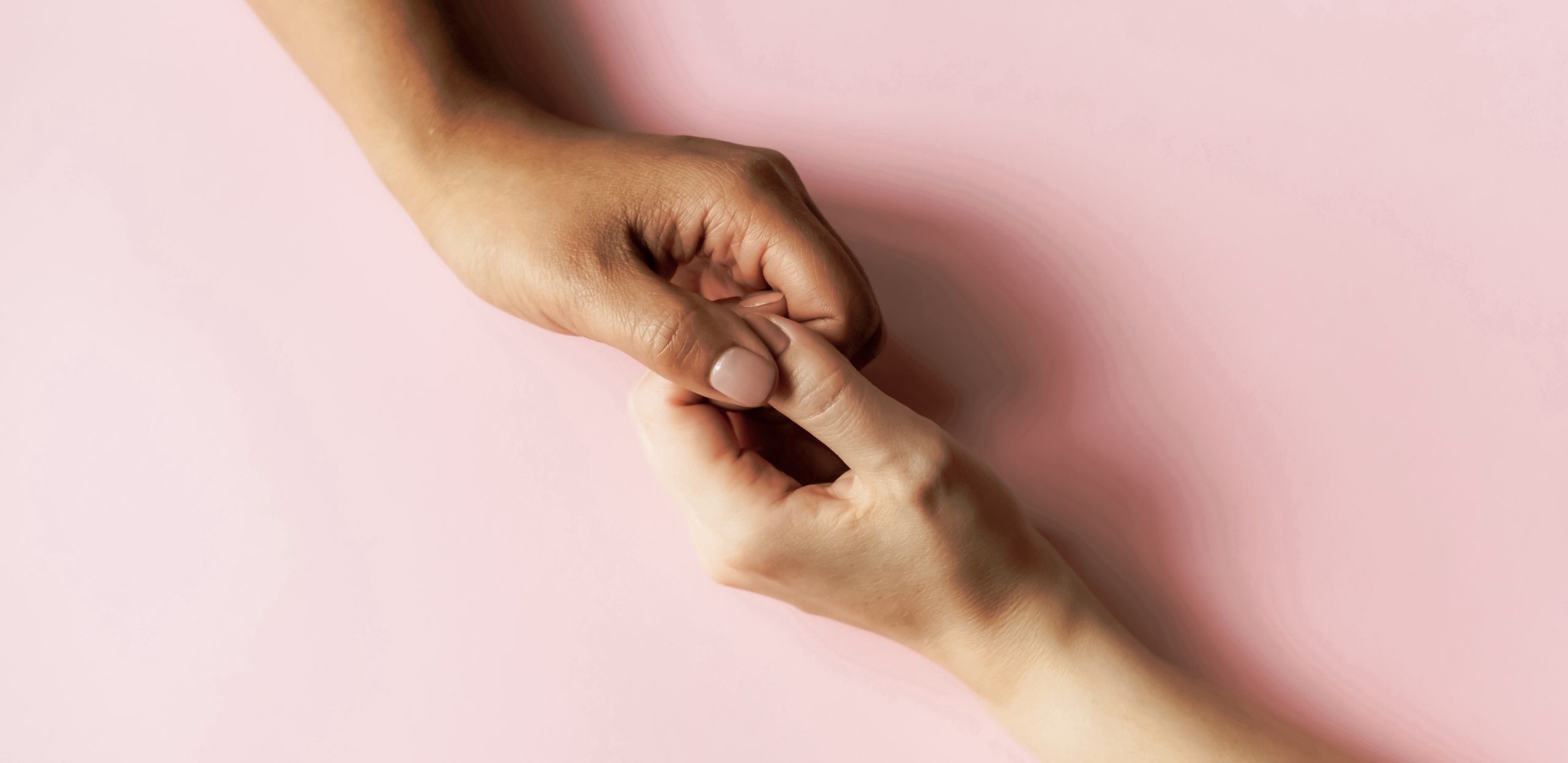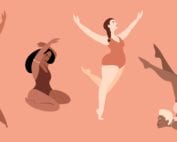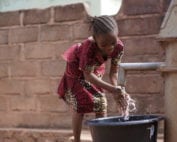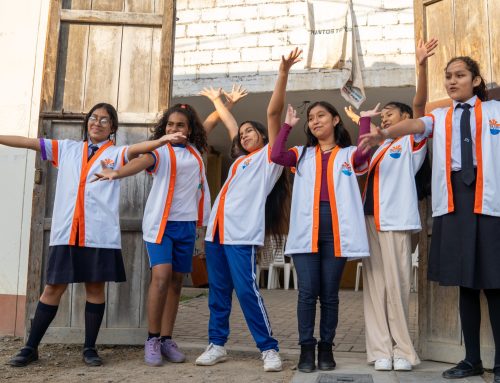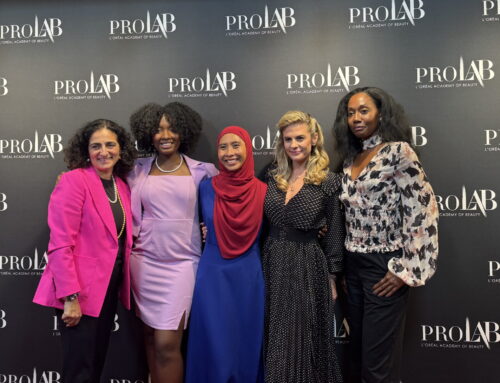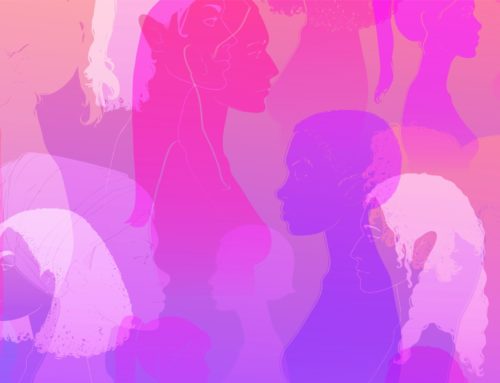How to Create a Safe Space to Teach Sexual and Reproductive Health
Healthy GLOW is a sexual and reproductive health (SRH) program which serves as a comprehensive educational resource as well as a youth development tool. Using principles of social and emotional learning (SEL), its goal is to teach healthy attitudes about sex and sexuality. It provides program participants with the space to learn about their physical and mental health while also practicing transferable social skills like communication, self-advocacy skills, and relationship skills.
A truly comprehensive sexual and reproductive health program is culturally responsive, provides age- and developmentally-appropriate material, and is research-based and medically accurate. It also teaches, and is not limited to, forms of sexual expression, healthy sexual and nonsexual relationships, gender identity and sexual orientation, communication, and recognizing and preventing sexual violence.
What is Social and Emotional Learning (SEL)?
Social and emotional learning is “the process through which all young people and adults acquire and apply the knowledge, skills, and attitudes to develop healthy identities, manage emotions and achieve personal and collective goals, feel and show empathy for others, establish and maintain supportive relationships and make responsible and caring decisions.” (CASEL)
Essentially, SEL skills are those that help us be better people, especially when it comes to how we interact with others. Being highly skillful in SEL means having a realistic grasp on self-identity, to understand the importance of building relationships of all kinds, and having the necessary social skills that enable you to do that. Notably, these competencies can be taught and applied at various developmental stages from childhood to adulthood across a broad range of subjects. Healthy GLOW engages the following five competencies to create a foundation of social and emotional learning:
- Self-Awareness – The ability to understand one’s own emotions, thoughts, and values and how they influence behavior across contexts.
- Self-Management – The ability to manage one’s emotions, thoughts, and behaviors effectively in different situations and to achieve goals and aspirations.
- Social Awareness – The ability to understand the perspectives of and empathize with others, including those from diverse backgrounds, cultures, and contexts.
- Relationship Skills – The ability to establish and maintain healthy and supportive relationships, and to effectively navigate settings with diverse individuals and groups.
- Responsible Decision-Making – The ability to make caring and constructive choices about personal behavior and social interactions across diverse situations.
These sorts of skills, often referred to as “soft skills,” have conventionally been thought of as a by-product of formal education or just something that people will “pick up” as they grow and mature. This is of course true to some extent, but we know that these practices work best when they are used with intention and reinforced by repetition and continued exposure. When SEL practices are used intentionally as part of youth development, students perform better academically, and they show an increased ability to manage their mental health. (CASEL)
The Future of SRH and SEL
The results of comprehensive sexuality education extend beyond the topics of sex and sexuality. Educational and economic outcomes improve for people of all genders with access to this information (Advocates For Youth, Guardian). SRH promotes gender equality, self-esteem, and respect for the rights of others and contributes to changing attitudes of traditional gender norms.
More comprehensive education for all can contribute to changing attitudes about menstruation for all genders. With barriers lessened or removed, women and girls would receive a more equal education, setting them up for greater future success. If common gendered myths and stigmatizing assumptions about menstruation could be dispelled through education, women would have greater access to leadership roles and jobs with higher salary potential, allowing for more participation in the formal economy.
If a student learns about contraceptives in a way that actively strengthens her self-management and responsible decision-making skills, she will be better prepared to make the best decision for herself. If we train those facilitating SRH programs in SEL skills, they will easily form strong bonds with their students and promote healthy relationships amongst a group of participants. This will give students the chance to develop trusting relationships with their mentor and the other girls in their club. Students will also be more likely to ask questions. They will leave that room with a better understanding of their options, knowing that they have a support system.
This is one of the reasons why quality SRH programs that include SEL components are so important. Embarrassment and learned shame around these topics have created cultural, educational, and even economic barriers around the world. As more adults are properly trained to deliver SRH content within a SEL framework, more students will learn it free from the traditional hang-ups that surround sexuality education. Better programming means less shame and stigma being reinforced in education.
